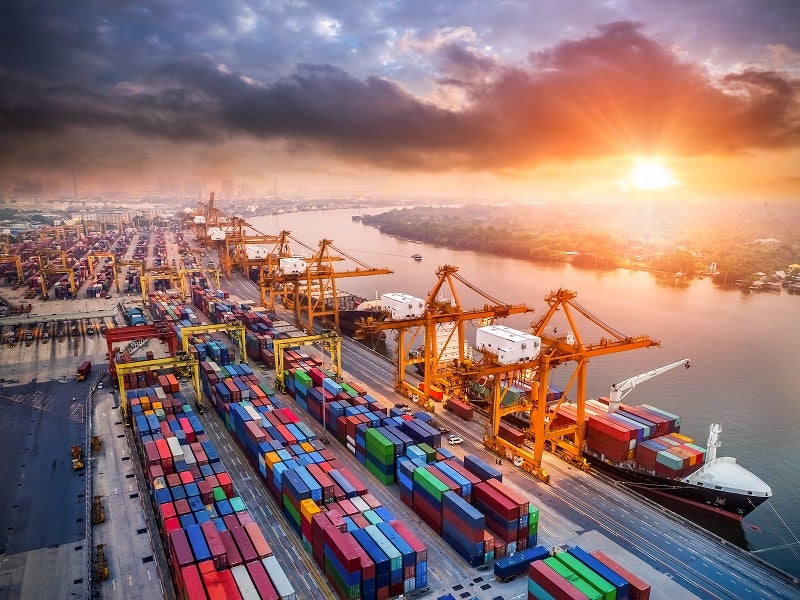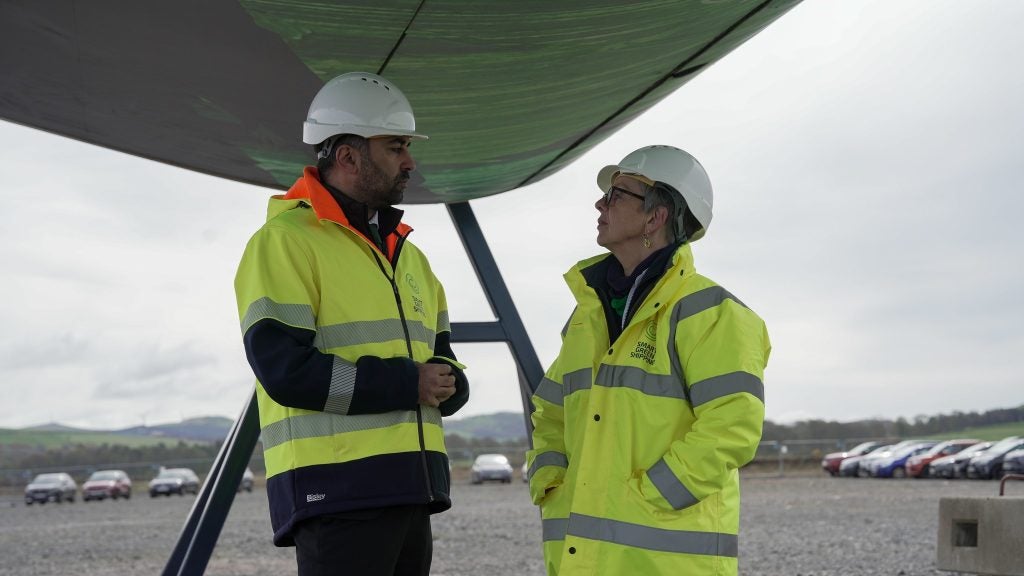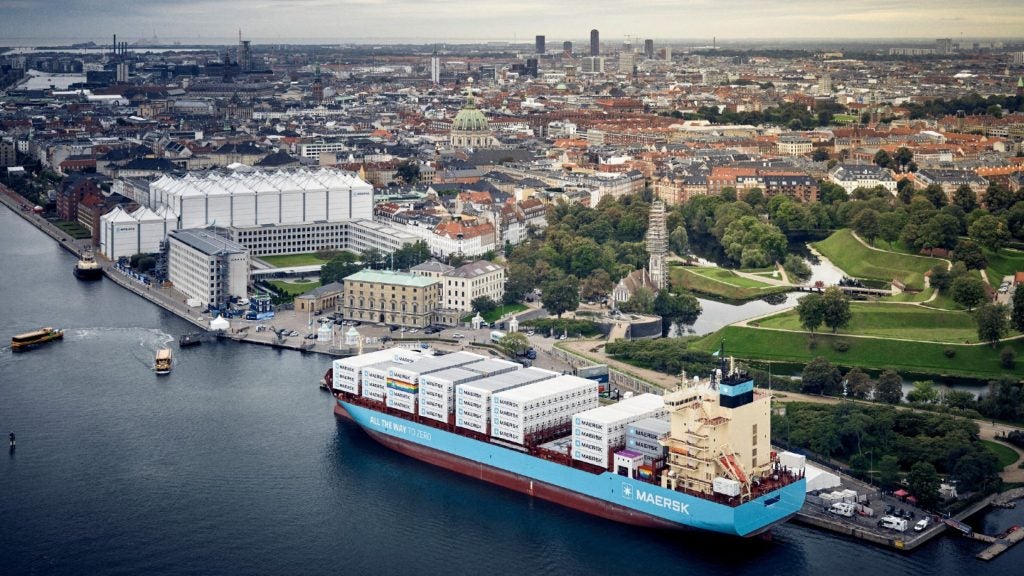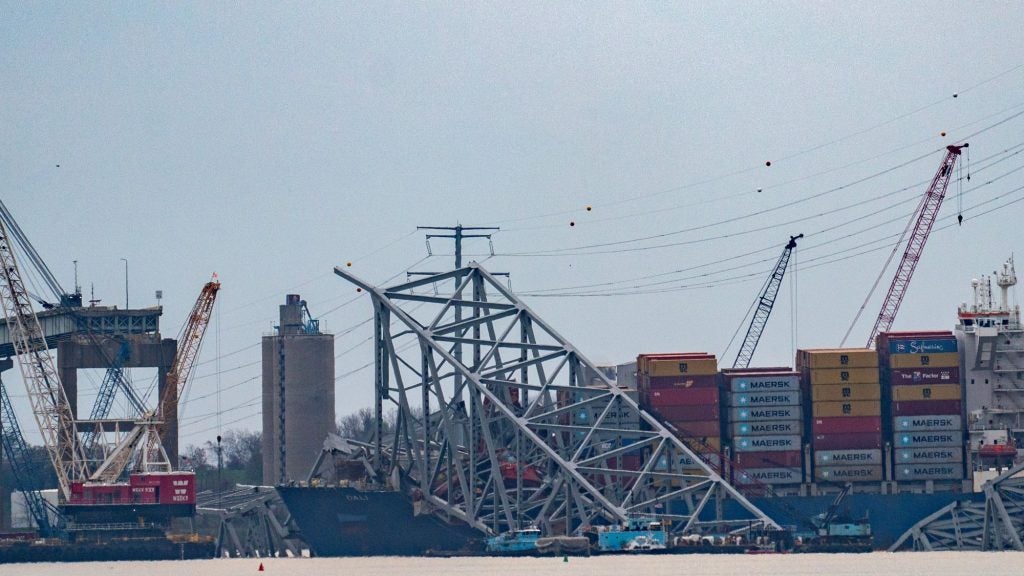
Increasingly challenging sustainable targets and the need for the ports community to become more digital took centre stage during the Smart Ports Summit 2019 held in London earlier in February.
London’s picturesque riverfront Docklands area provided the ideal location for the two-day conference, which attracted stakeholders from around the world and was headed by the British Ports Association CEO Richard Ballantyne.
With guest speakers from some of the most distinguished companies in the industry, such as the International Maritime Organization (IMO), Lloyd’s List Intelligence and the Port of Rotterdam, attendees debated what defines today’s ‘smart’ ports and what their future will look like.
Embracing digital growth and new technologies
Particular attention was paid to digitalised operations and how to handle growing availability of data and data-sharing platforms, something that the maritime industry has been struggling with for a long time.
This trend is not just a result of emerging technologies – examples include blockchain, artificial intelligence (AI) and machine learning – but it is caused by the rising need to standardise communications and to gather data in an efficient way.
That is not to say that AI, robotics and predictive analytics tools – and, potentially in the coming years, satellites – should be excluded from the debate; conference delegates agreed on their importance in shaping the future of a smart port.
How well do you really know your competitors?
Access the most comprehensive Company Profiles on the market, powered by GlobalData. Save hours of research. Gain competitive edge.

Thank you!
Your download email will arrive shortly
Not ready to buy yet? Download a free sample
We are confident about the unique quality of our Company Profiles. However, we want you to make the most beneficial decision for your business, so we offer a free sample that you can download by submitting the below form
By GlobalDataWithin this framework, interesting points were made by Belgian data-sharing platform NxtPort and trade association INTERTANKO; the former intervened as guests wondered whether data should be integrated into one platform or decentralised, arguing the best solution is leaving the data where it is, collecting it and then using it to build solutions.
Meanwhile, INTERTANKO claimed information shared across the industry needs to be more standardised, especially after the EU’s recent regulation on establishing a Maritime Single Window dataset.
Eco-ports are needed in an increasingly polluted world
“’Smart’ doesn’t just mean digital, it also means modernising your port without negatively impacting on the environment,” said CMS Cameron McKenna senior associate and environmental law specialist Valentina Keys at the conference.
Keys headlined a stimulating discussion at the Smart Ports Summit, during which delegates had the opportunity to debate the best strategies to minimise a port’s carbon footprint, improve air quality and handle waste in a sustainable way.
Central to the debate were discussions about pressures from both governments and international organisations, as well as the extent to which external incentives can push for change.
The IMO’s carbon emissions targets and the UK Government’s recently launched Maritime 2050 strategy may well take the UK above and beyond international and regulatory standards, delegates said, but sometimes they’re still not enough to outweigh the costs for ships and ports to reach the requirements that have been set.
The supply chain must have a say in port operations
Strongly related to the debate on sustainability is the need for all stakeholders involved in a port community to play their role.
As such, attendees noted the importance of ensuring the whole supply chain is integrated in a ports’ operations and activities.
“It’s not just a matter of the port being smart, but it being smart in conjunction with everybody who uses that port,” said Kris Kosmala, Smart Ports Digital Services director at engineering consultancy firm Royal HaskoningDHV. “This doesn’t just include logistics companies and tankers, but actually the whole supply chain, the end-to-end supply chain that the companies are talking about.”
This translates into talking with cities, producers and local communities to better understand their preferences and involving them in the decision-making process, which can ultimately help them to achieve environmental targets, as well as improve their operations and the prestige of a port.







